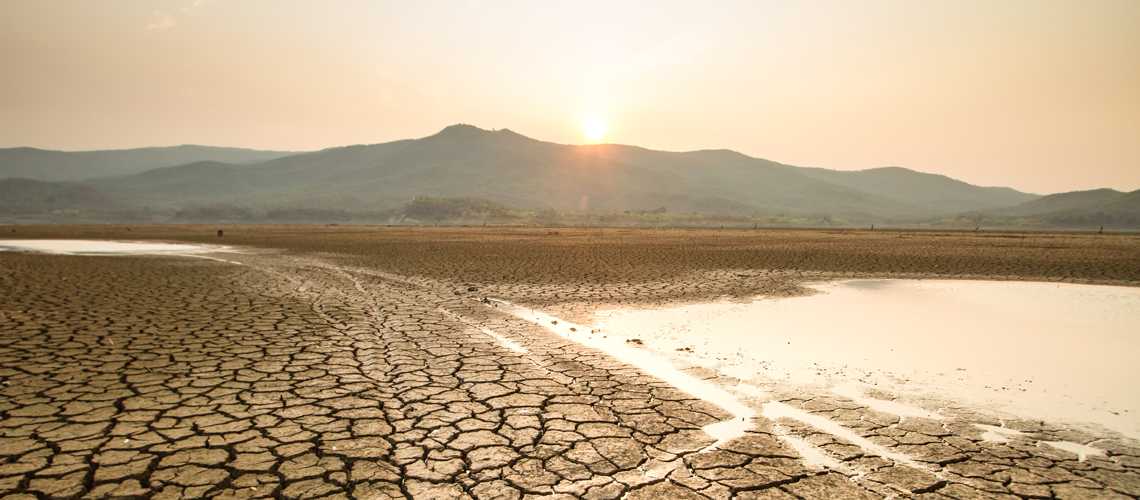In a startling revelation from the recent World Meteorological Organization (WMO) report, 2023 emerged as the warmest year on record, setting off alarms about the accelerating pace of climate change. This new climate reality bears significant implications for the global environment and human populations, with Africa facing some of the most immediate and severe impacts.
Record Temperatures and Global Impacts
The global average near-surface temperature in 2023 was 1.45°C above the pre-industrial baseline, a figure that underscores the unrelenting progression of global warming. The implications of this increase extend beyond air temperatures, affecting the very fabric of our planet’s natural systems. The year 2023 also witnessed unprecedented ocean warmth, significant glacier retreat, and notable reductions in Antarctic sea ice, all of which contribute to a complex web of ecological disruptions.
Dire Consequences for Africa
For Africa, these environmental disturbances translate into tangible human hardships. The continent, characterized by its diverse climates and ecosystems, is now on the front lines of climatic extremes. The increase in average temperatures is expected to exacerbate drought conditions, intensify flooding, and trigger a variety of other extreme weather events. Such conditions pose a grave threat to food security, strain water resources, and jeopardize the rich biodiversity that many African communities rely upon for their livelihoods.
Navigating the Crisis
The urgent need for African nations to bolster their climate resilience strategies cannot be overstated. This entails a dual approach focusing both on adaptation to the immediate impacts of climate change and on the reduction of greenhouse gas emissions to mitigate future effects. Developing robust early warning systems and enhancing climate information services will be crucial in preparing for and responding to these environmental challenges.
The Role of International Cooperation
However, Africa’s battle against climate change cannot be fought in isolation. International cooperation plays a pivotal role in supporting African countries through this crisis. Financial and technological support from the global community is essential, particularly in backing efforts to enhance adaptive capacities and implement sustainable practices at the local and national levels.

As the planet warms at an alarming rate, the year 2023 serves as a stark reminder of the urgent need to address climate change. For Africa, the time to act is now, with proactive measures and international support being indispensable to safeguard its future. The global community must recognize the severity of the situation and come together to assist those most vulnerable to the repercussions of our warming world.

